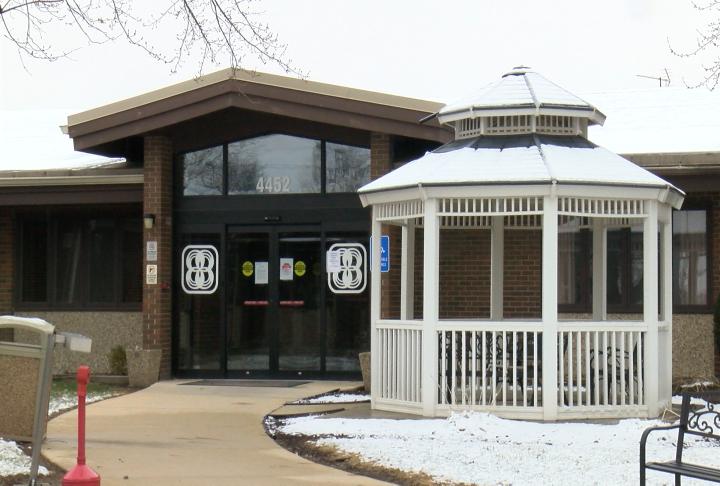Officials direct providers to limit visitor access amid coronavirus concerns; polling places moved
While they are not calling for an outright ban on visitors, the federal government and the nation’s largest nursing home association are recommending that providers limit visitor access at facilities to help curb the spread of coronavirus.
“This is not a complete ban on admissions,” American Health Care Association/National Center for Assisted Living Chief Medical Officer David Gifford, M.D., said during a media call on Tuesday morning.
“Certainly, in some communities that may come to that position. Everyone is asking the same thing: Limit the visits with the elderly in our facilities to prevent the spread there and use a common-sense approach of how to deal with that.”
The Centers for Medicare & Medicaid Services and AHCA released similar guidance for nursing homes Monday evening. Both call for providers to actively screen and limit visitor access to facilities.

“This is unprecedented action that we’re taking and are pleased that shortly after we issued that recommendation that CMS issued nearly identical guidance last night,” AHCA President and CEO Mark Parkinson said Tuesday morning.
“It’s evident that on this and other issues related to COVID-19 that we’ve been working towards the same goal with CMS, which is to keep our residents safe and healthy,” he added.
‘Actively screen and restrict’
The revised CMS guidance advises facilities on how to monitor or restrict visitor access.
Facilities should “actively screen and restrict” visitors who have either shown symptoms of a respiratory infection; come into contact with someone diagnosed with COVID-19; traveled internationally to a country within the last 14 days that has sustained community transmission; or reside in a community where the disease is spreading, according to the memo.
If visitors pass the screening and are allowed to enter, the guidance suggests that facilities give them access to their resident’s room only.
The guidance also calls for providers to post additional signage at visitor entries, conduct body temperature checks, and increase availability of hand sanitizer and personal protective equipment to people who do enter.
AHCA is “strongly encouraging” that providers limit access to only essential visitors, like healthcare personnel, and set up remote communication options for residents to connect with their loved ones.
The AHCA guidance also calls for requiring individuals coming in to wash their hands at entry and includes a screening checklist for visitors.
Providers adjusting
Health Management’s skilled nursing and assisted living facilities have already begun implementing the guidance, according to Deborah Meade, CEO of Health Management and AHCA board chair.
“This again is to protect the patients and residents in which we serve,” Meade said Tuesday during the call.
Meade added that staff members have been contacting families on why the decision was made and asking for their support. Health Management has also canceled activities that involved people from the outside coming into its facilities, while increasing its indoor activities, like bingo.
Staff members have been directed to immediately wash their hands after clocking in, Meade said. The company has also made cordless cellphones available for residents to speak to their relatives.
“We are getting overwhelmingly positive remarks from families thanking us for taking the initiative to keep their family members, which was very encouraging,” she added.
Nationally, more than 800 cases of coronavirus have been reported, with the number expected to grow. A Seattle-area nursing home, where 16 patients already have died, has been considered the epicenter of COVID-19 in the U.S Many other pockets, however, are showing signs of infected individuals.
Gifford said Tuesday that people at two nursing homes in Washington state’s King County, including the aforementioned nursing home, have tested positive for COVID-19.
Ohio moves polling places
In other developments, Ohio Gov. Mike DeWine (R) announced this week the state would be moving polling locations from long-term care facilities, citing coronavirus concerns for the high-risk populations at the facilities.
Three cases of COVID-19 have been reported in Ohio — all in people over the age 50. No cases have been reported at any long-term care settings in the state, however, according to LeadingAge Ohio.






